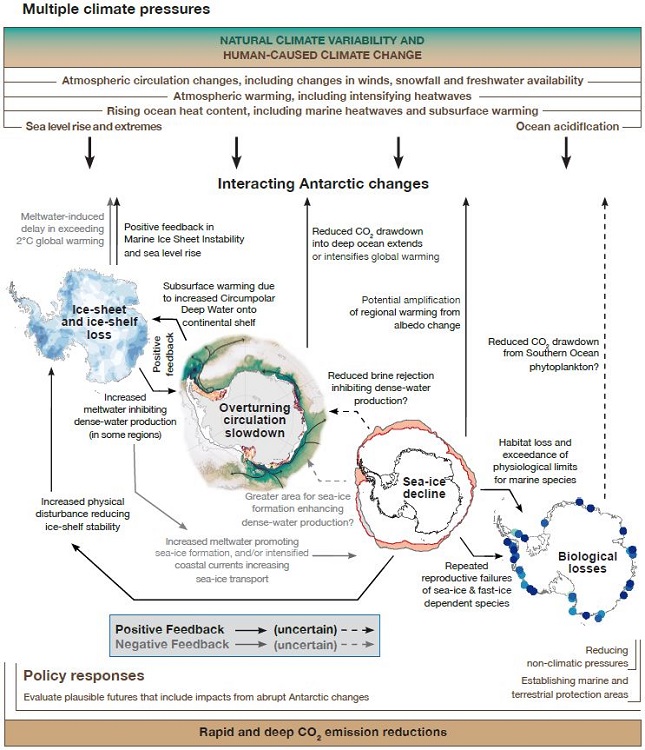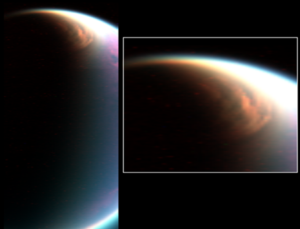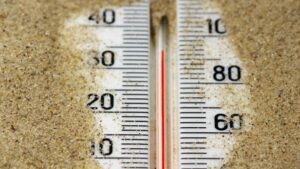A double-edged sword for the planet
A study published in Nature warns of accelerating abrupt changes in Antarctica that could lead to global environmental upheaval. Antarctic sea ice in free fall, slowing ocean circulation, unstable ice caps, devastating biological impacts: these alarming global consequences could become irreversible. Led by international scientists with contributions from the Laboratory of Oceanography and Climate: Experiments and Numerical Approaches (LOCEAN), this research highlights the urgent need to reduce CO2 emissions in order to avoid catastrophic climate impacts.
Published in the journal Nature, this review study draws on observational data and past and future models to make an unequivocal observation: Antarctica is undergoing a series of rapid and interconnected changes. These transformations, which are sometimes self-amplifying, mark the beginning of a new climate regime at the South Pole.
Sea ice, ice caps, ocean circulation: shifts already underway
Over the past decade, the extent of sea ice surrounding Antarctica has fallen dramatically, reaching more than 7 standard deviations below the 1981–2010 climatological average in July 2023. This is an extreme statistical deviation not seen in three centuries, suggesting that a fundamental regime shift is underway. Unlike Arctic sea ice, the decline in Antarctic sea ice could continue even after the climate stabilises.
At the same time, Antarctic ocean circulation, a crucial system of currents that transports heat, carbon and nutrients, is already showing significant signs of slowing down by 30% in some regions since the 1990s. Models suggest that this slowdown could continue in the coming decades, with major implications for global climate and the carbon cycle.
Finally, researchers point out that large areas of the West Antarctic ice sheet may already have crossed a threshold of instability. Irreversible melting could be triggered even in scenarios of optimal CO2 emission reductions, with serious consequences for global sea level rise.

D. R.
Disrupted and weakened ecosystems
Antarctic ecosystems are undergoing rapid transformations due to habitat changes and the exceeding of physiological thresholds. Since 2016, nearly 30 emperor penguin colonies (out of 60 colonies) have experienced partial or complete reproductive failure due to the early disappearance of coastal sea ice.
In the Southern Ocean, warming and acidification threaten other Antarctic marine species, including phytoplankton, which play a key role in the functioning of the ecosystem. Their 18% decline in 26 years affects the survival of krill and other key species and reduces the ocean carbon sink.
Limiting damage, adapting: a global emergency
This research highlights the urgency of rapidly and deeply reducing CO2 emissions this decade and reaching net zero emissions this century. Even with these measures, some changes may be unavoidable, requiring the impacts of Antarctic changes to be included in global adaptation strategies.
More
Reference
Emerging evidence of abrupt changes in the Antarctic environment, Nature Communications, 2025.
Contact
Jean-Baptiste Sallée, Laboratoire d’océanographie et du climat : expérimentations et approches numériques (LOCEAN-IPSL) •
Source: CNRS Terre & Univers.






